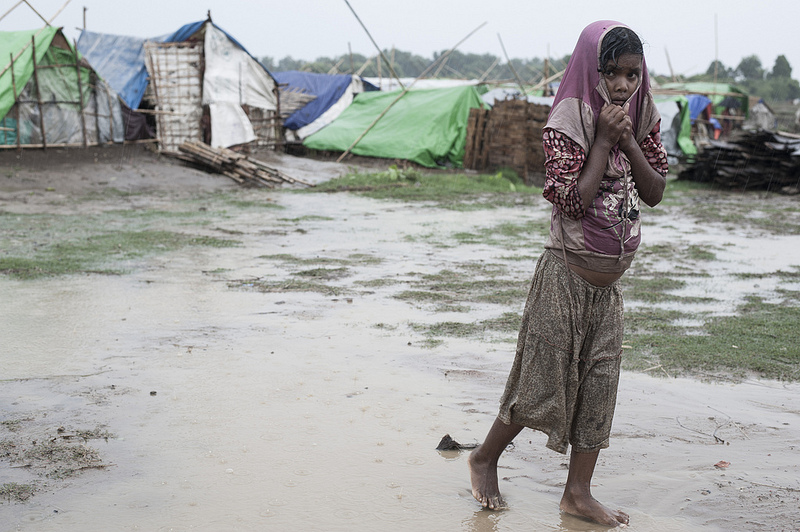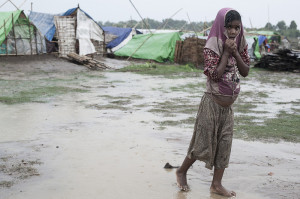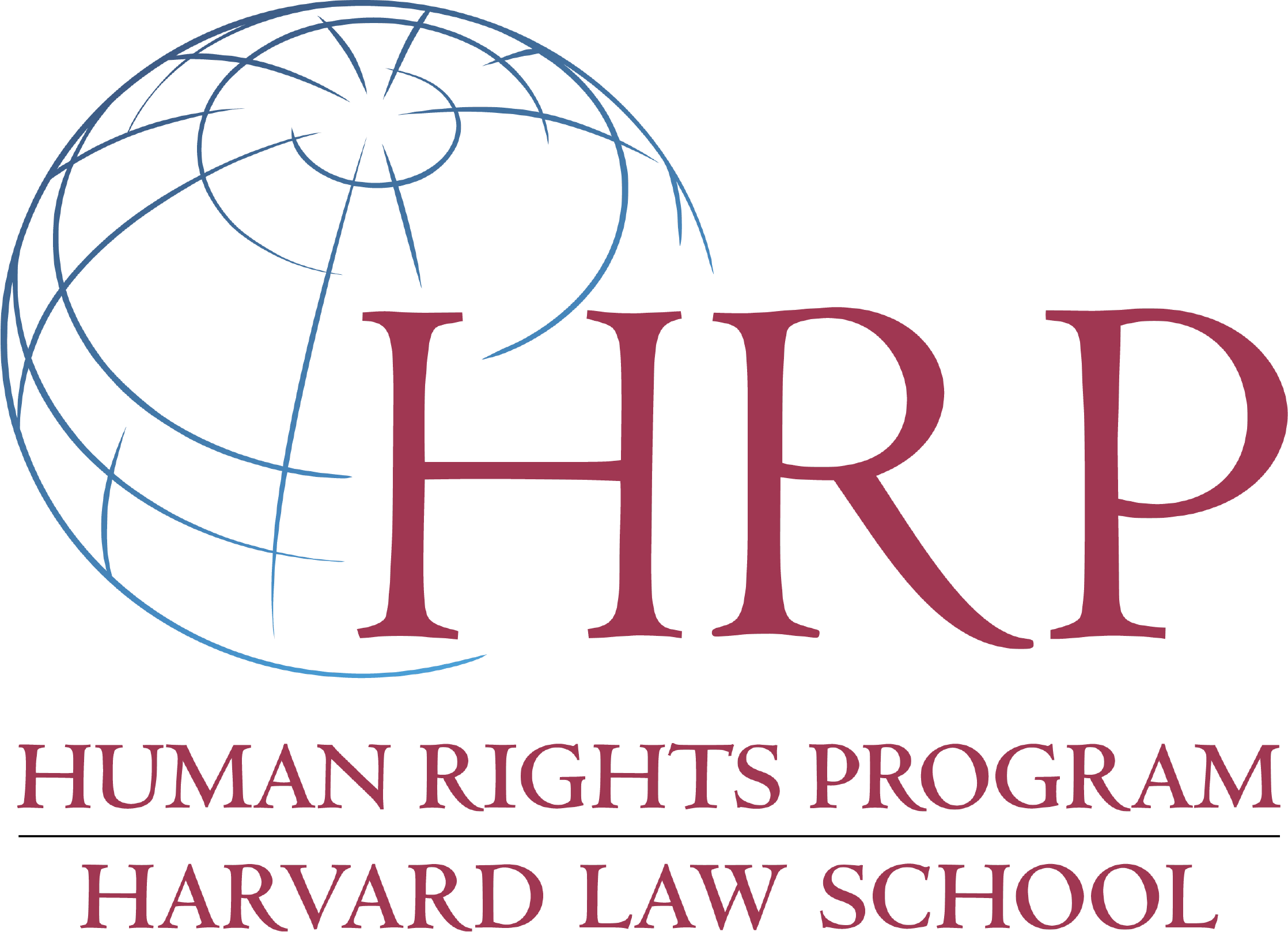
Myanmar’s Policies of Persecution
Last month, the government of Myanmar made the shocking decision to evict Médecins Sans Frontières (MSF) from Rakhine State, cutting off tens of thousands of mostly-stateless Rohingya Muslims from their last refuge of lifesaving medical care.
The decision came on the heels of a new report by Fortify Rights, offering definitive proof that the Myanmar government has targeted the minority Rohingya Muslims of Rakhine State for decades. The 79-page report, Policies of Persecution: Ending Abusive State Policies Against Rohingya Muslims in Myanmar, is based on leaked government documents, witness testimony, and public records, revealing severe violations of human rights of Rohingya Muslims in Myanmar, including restrictions on the freedom of movement, marriage, childbirth, lifesaving medical care, and other aspects of daily life in northern Rakhine State.

Denied citizenship in Myanmar, the 1.33 million Rohingya are confined to worsening conditions in Rakhine State. In our report, we make 20 recommendations to the government of Myanmar; chief among them is a call to abolish these abusive policies and end their enforcement.
The government’s response was telling: Within hours of publication, presidential spokesman Ye Htut condemned Fortify Rights and doubled-down on the government’s official line of racism by labeling the organization a “Bengali lobby group” – at once dismissing credible human rights concerns while invoking incendiary terminology (“Bengali”) employed to deny the Rohingya ethnicity and erroneously imply the Rohingya population are illegal immigrants from Bangladesh.
Rendered stateless by Myanmar’s 1982 Citizenship Law, an estimated 140,000 Rohingya have been forced into camps for internally displaced persons since 2012. when an eruption of violence between the Rohingya and ethnic-Rakhine Buddhists quickly gave way to orchestrated attacks on the Rohingya. Tens of thousands of others have fled the country by sea. Myanmar security forces have repeatedly failed to protect the Rohingya from attacks, and in some cases have participated in killings and other abuses against them.
The international community has periodically voiced serious concern about this pattern of violations, and UN observers, human rights organizations, and others have called for investigations into recent massacres, human trafficking, and allegations of “ethnic cleansing” of Rohingya.
But until now, no one had examined the key role played by government-imposed restrictions against the Rohingya in setting the stage for the violence. The Fortify Rights report fills this gap; it closely studies 12 leaked government documents obtained by Fortify Rights that lay bare state policies that have led to abuse of the Rohingya for decades.
No competent legal system has jurisdiction over grave crimes in Myanmar, so our report uses the Rome Statute of the International Criminal Court to examine the criminal implications of ongoing human rights violations in Rakhine State. Within this framework, we find the Rohingya are so severely deprived of basic rights that, given the context in which the deprivation occurs, these sweeping rights abuses could rise to the level of the crime against humanity of persecution. Actors across the tiers of local and national government are implicated as perpetrators of this crime.
Last week, the UN Special Rapporteur on human rights in Myanmar, Tomás Ojea Quintana, issued his final report to the UN Human Rights Council, marking the end of his six-year mandate and exposing a litany of ongoing human rights violations in Myanmar. One passage in particular stood out: “the pattern of widespread and systematic human rights violations in Rakhine State may constitute crimes against humanity as defined under the Rome Statute of the International Criminal Court.”
Western governments praise the Myanmar government for its program of reform, yet our report shows prominent government figures have for years condoned and even embraced these discriminatory policies, describing them as necessary “population control” measures. In practice, the restrictions deny Rohingya fundamental human rights on the basis of their ethnicity, religion, and at times gender. State action in the wake of the report illustrates that the central government is holding fast to its policies of targeted discrimination. In the case of the Rohingya, the government appears more committed to persecution than to reform.
The international community must take an immediate, coordinated stand. The government of Myanmar should reinstate MSF in Rakhine State and approve an international investigation, including Myanmar investigators, into human rights violations in the state. Perpetrators must be held to account; continued impunity will all but ensure more violence and abuse in Rakhine State.
The government of Myanmar should immediately abolish its policies of persecution against Rohingya – not just because the policies are criminal in and of themselves, but because their abolition is a crucial step to prevent forced migration and further violence in Rakhine State, and to ensure real democratic reforms take hold.
Taylor Landis, JD’ 11, is a researcher with Fortify Rights, funded by a Satter Fellowship. She is co-author of Policies of Persecution: Ending Abusive State Policies Against Rohingya Muslims in Myanmar. Follow her on twitter @TaylorMLandis.
